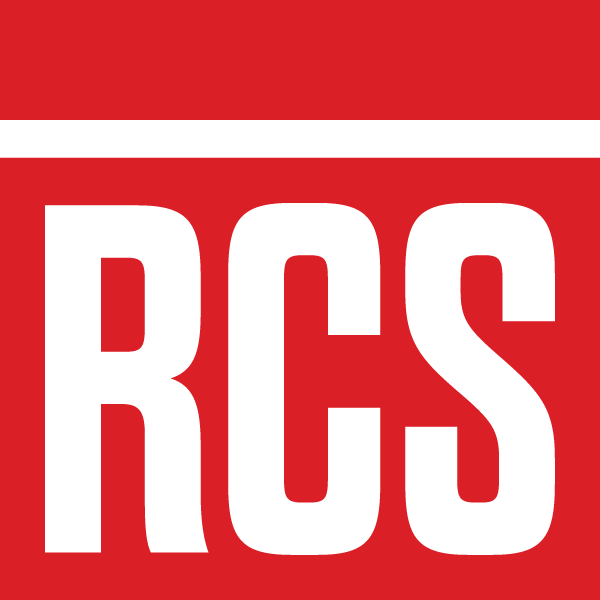Our Podcast Gear
Main Board
The Rodecaster Pro is the heart of our operation and it works better than anything else we’ve tried for recording. It’s critical you get an ENDURANCE MicroSD card for this. We have learned the hard way through file corruptions that it’s the only way to go.
Check out the Rodecaster Pro here: Rodecaster Pro
Check out the MicroSD cards we now use here: Samsung Pro Endurance 128GB MicroSD Card
Headsets
We use exclusively Audio-Technica BPHS1 headsets for recording. We have tried every other open mic option we can afford, and nothing comes close to the sound quality of these. You can buy them in bulk for a significant discount, but they are worth it if you’re serious about getting the right sound quality for your show and you don’t have a dedicated studio space.
Check out the Audio-Technica BPHS1 here: https://www.audio-technica.com/en-us/headphones/best-for/broadcast/bphs1
The BPHS1 has been superseded to the BPHS2C here: Audio-Technica BPHS2C - note that this new model has two mic choices, and for a podcast the “C” model with an Electret mic will likely be better for reducing background noise for a podcast.
When we record remotely we use the Logitech G432. We don’t think this is the best headset around, but we have also found it largely doesn’t matter as long as you use a wired headset with a boom and a quiet room to record in. What we can tell you is that any wireless or in-ear headsets, even nice ones like AirPod Pros, sound terrible compared to even the most basic wired headsets with a boom.
Remote Interview Recording
We avoid remotely interviewing guests as much as possible as we don’t get the same level of interaction, but when we do we use the service Riverside.fm. After testing the others, we found Riverside to have the best mix of quality and options, and most importantly it let’s us record each person as a separate audio track. Just make sure you jump into settings and bump up the audio quality for purely audio recording. They also offer the option of video recording if you have a nice studio setup! The quality of recordings is so good you could do a 100% remote based podcasts with guests and as long as your area was quiet, you could have a production level show for $9 a month.
Mobile Board
We also use a mobile board, the Zoom PodTrak P4, when we’re on the road. This provides almost the same sound quality as our main board, but you can definitely hear the difference. Still, if your podcast is mobile and you want to keep everything small, this is an excellent low-cost option.
Check out the Zoom PodTrak P4 here: Zoom PodTrak P4
Necessary Headset Adapters X2 (4 total): Tisino 1/4 to 3.5mm Adapter
Software
We started with Audacity and then quickly moved to Reaper for a huge improvement. It’s low cost as well as constant support and updates made this a clear winner for us and we haven’t had a reason to upgrade. DO watch the videos and feel free to ask us even what you might think are simple questions. This was a tough learning curve, but worth it.
Download Reaper here: Reaper
Odds and Ends
CASEMATIX STUDIO MIXER HARD CASE - The best case for the money for the RodeCaster Pro. That said, if you are 100% mobile, you should spend more for this upgrade: SKB iSeries RODECaster Pro Podcast Mixer Compact Case
CASEMATIX Travel Case for Zoom Podtrak P4: You’ll want to protect your mobile board too. This little case does a good job.
DeWalt TOUGHSYSTEM 2.0 22 in. Small Tool Box - We use this to transport our headsets as well as our Mobile Board
XLR Microphone Extension Cable / Headphone Extension Cable: Chances are you will only need a couple of these and you will rarely use them, but they’re worth having on hand to give people some room.
USB-C Card Reader: You will end up needing this more than you think and it’s much easier than plugging in the mixer every time you need to edit.
Hosting
Squarespace, PodBean, and SoundCloud - I’d love to say it’s as simple as just one, but it’s definitely not. We use Squarespace as our main host for our website, but Podbean actually feeds iTunes, Google Podcast, Spotify, Pandora, YouTube, Stitcher, and even Tumblr of all things. If you are focused mainly on producing content and NOT on blogging, merchandise, or events, we suggest Podbean above all others. SoundCloud is sort of archaic, but people still use it and it’s relatively cheap.
